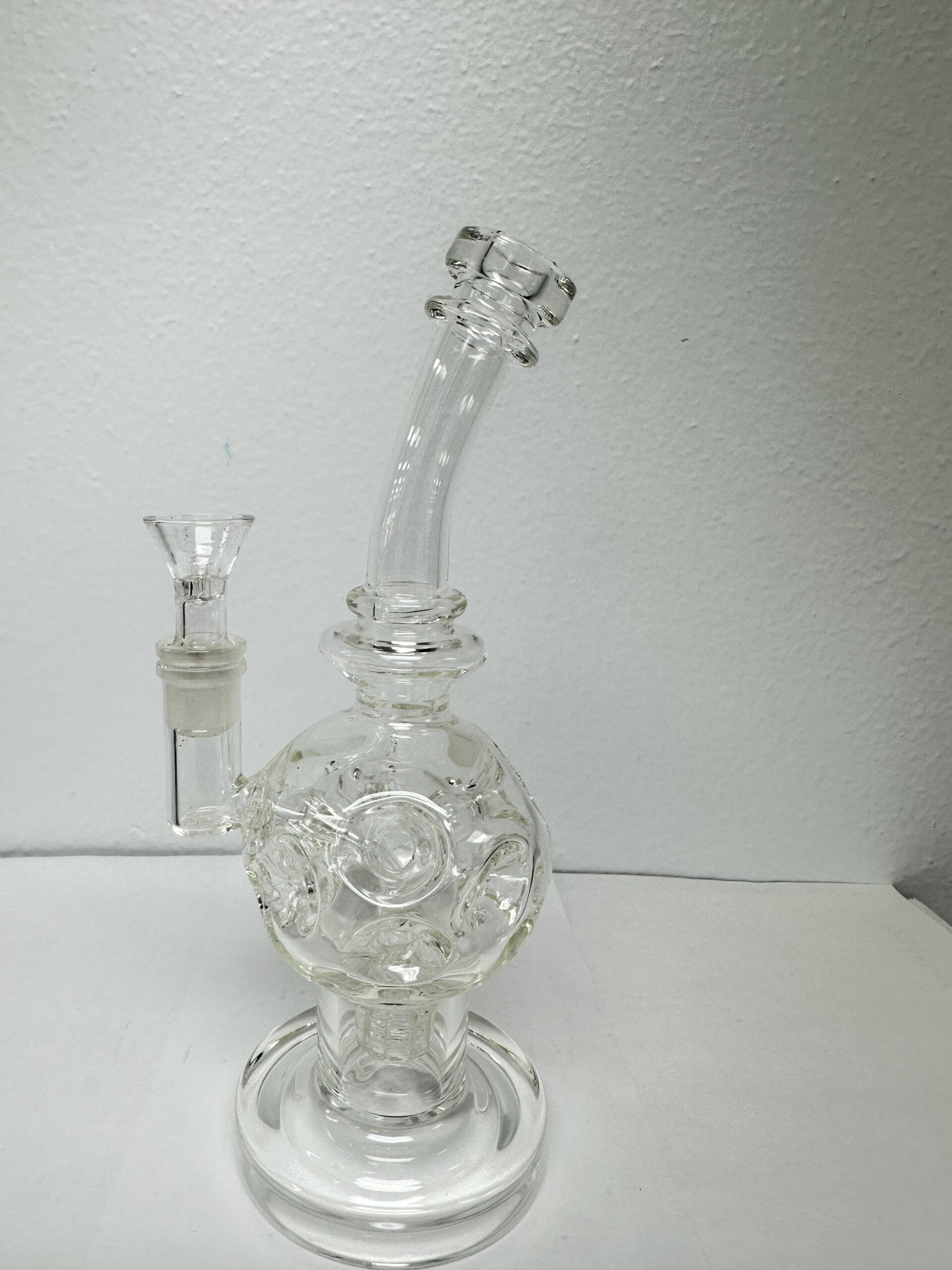No products in the cart.

Smoking water pipes, also known as hookahs or shisha, is often perceived as a less harmful alternative to cigarettes, but it still carries several significant disadvantages and health risks. Here are some of the disadvantages of smoking water pipes:
- Health Risks:
- Respiratory Problems: Smoking water pipes exposes the lungs to harmful substances, including tar, nicotine, and carbon monoxide. This can lead to various respiratory issues, such as chronic bronchitis and lung infections.
- Cancer Risk: Water pipe smoking is associated with an increased risk of cancers, including lung cancer, oral cancer, and esophageal cancer, due to the carcinogens produced when the charcoal used to heat the tobacco interacts with the tobacco itself.
- Cardiovascular Effects: Smoking water pipes can increase the risk of heart disease and hypertension due to the intake of nicotine and carbon monoxide.
- Nicotine Addiction:
- Water pipe tobacco contains nicotine, which is highly addictive. Regular water pipe smokers can develop a dependence on nicotine, leading to withdrawal symptoms when trying to quit.
- Secondhand Smoke:
- Smoking water pipes produces secondhand smoke, which can be harmful to those exposed, including non-smokers. This can lead to health issues for people who are around water pipe smokers, such as children and family members.
- Infectious Disease Risk:
- Sharing a water pipe mouthpiece can increase the risk of transmitting infectious diseases, such as colds, flu, or even more serious infections like tuberculosis or COVID-19.
- Deceptive Perception:
- Some people mistakenly believe that water filtration in hookahs removes harmful toxins from the smoke. While it cools and moistens the smoke, it does not eliminate the health risks associated with smoking.
- Social and Behavioral Factors:
- Water pipe smoking is often done in social settings, which can promote the sharing of mouthpieces and increase the risk of infection.
- The perception that hookah smoking is less harmful than cigarettes may encourage more frequent and prolonged use.
- Expense:
- Water pipe smoking can be expensive over time, considering the cost of tobacco, charcoal, and equipment.
- Lack of Regulation:
- Water pipe products, including the tobacco blends used, may not be subject to the same regulations and health warnings as traditional tobacco products, leading to potential quality control issues.
In conclusion, smoking water pipes may seem like a cultural or social activity for some, but it carries numerous health risks and disadvantages. It is essential to be aware of these risks and make informed decisions about smoking habits. Quitting smoking, whether it’s cigarettes or water pipes, can significantly improve your overall health and well-being.



